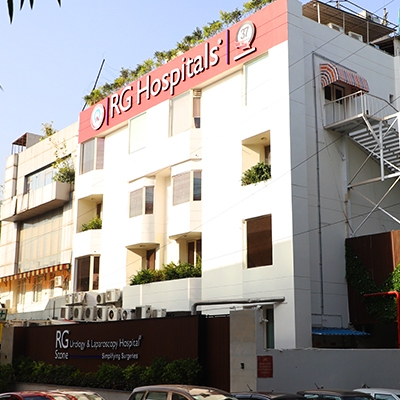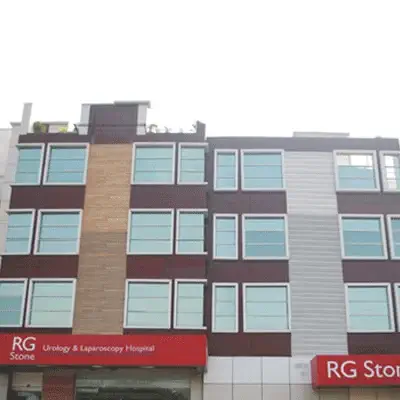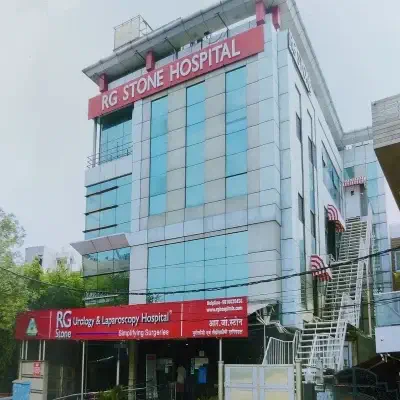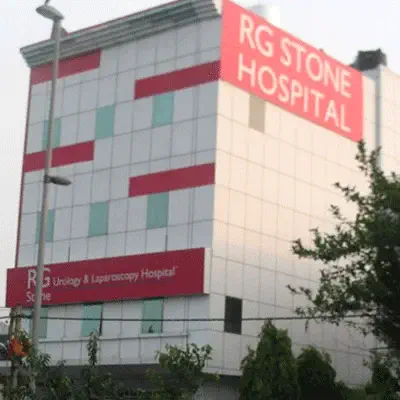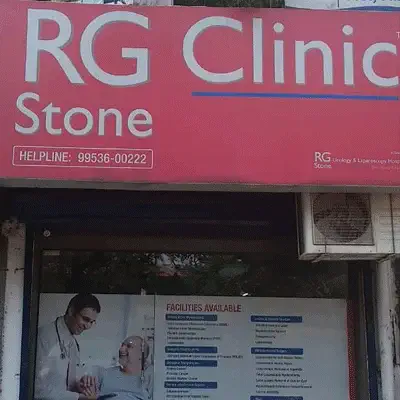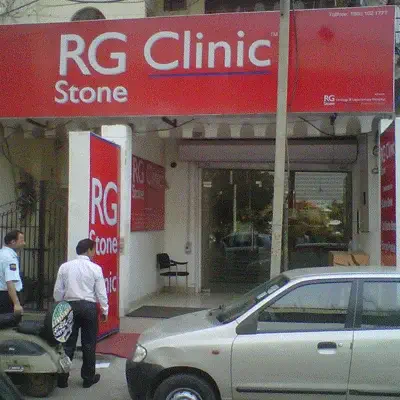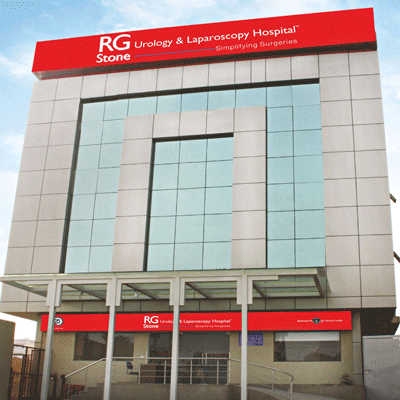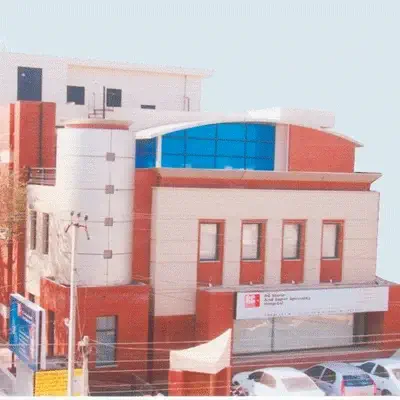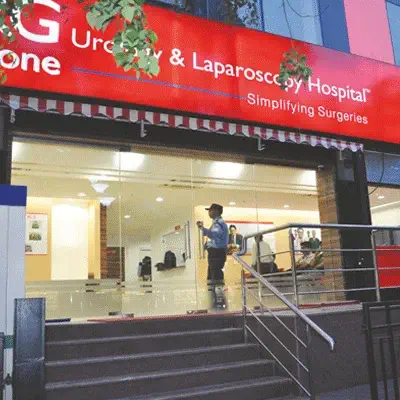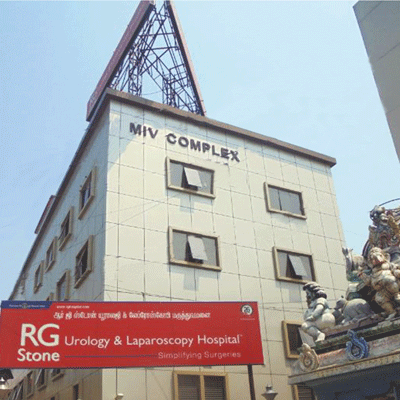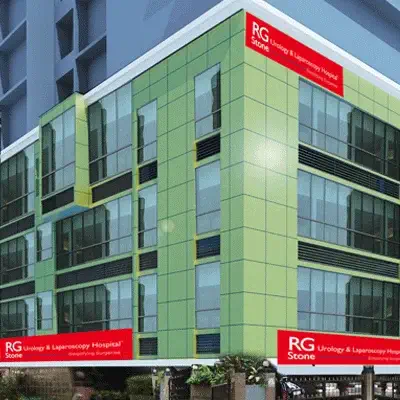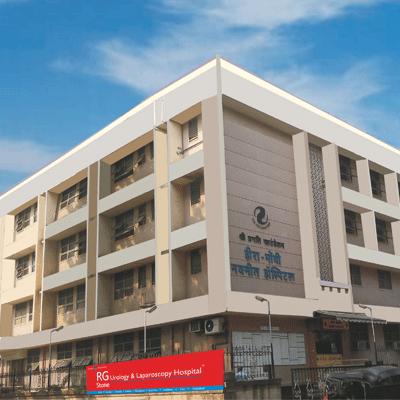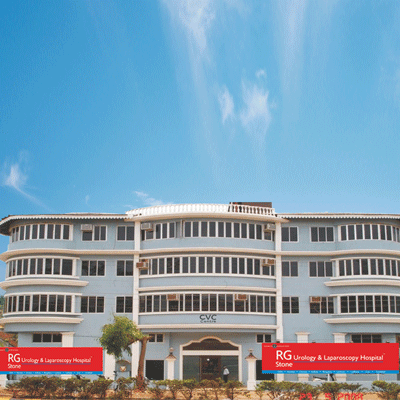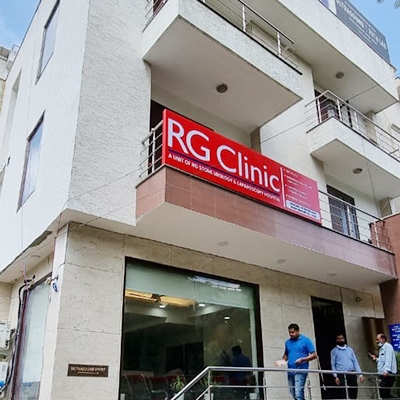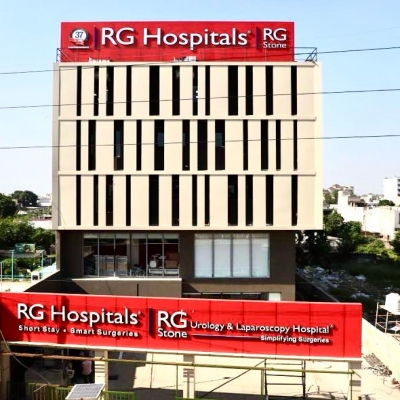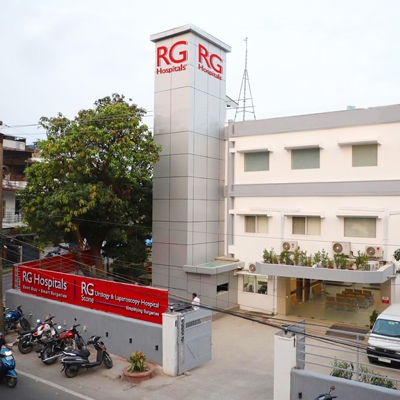Chronic constipation is defined as infrequent, difficult, or painful bowel movements lasting for several weeks or longer. It can lead to abdominal discomfort, bloating, and straining during bowel movements. The condition can be caused by various factors, including diet (low fiber intake), dehydration, lack of exercise, certain medications, and underlying health conditions such as hypothyroidism or irritable bowel syndrome (IBS). Treatment often involves lifestyle modifications, such as increasing fiber intake, drinking more fluids, and using laxatives when necessary.
Procedures & Interventions
If chronic constipation is caused by slow-transit constipation, a condition where stool moves too slowly through the colon, treatments like sacral nerve stimulation (SNS) may be used. SNS involves a small device implanted to stimulate nerves that regulate bowel function, improving motility and stool passage.
For severe cases of colonic inertia (a condition where the colon fails to contract effectively), a subtotal colectomy may be recommended. This surgery involves removing a part or most of the colon and connecting the small intestine directly to the rectum. While it is a major surgical procedure, it can provide relief in cases where other treatments fail.
In women, chronic constipation may result from a rectocele, where the rectum bulges into the vagina, causing obstruction. A rectocele repair surgically corrects this condition, restoring normal anatomy and improving bowel function. The procedure may involve reinforcing the vaginal and rectal walls with sutures or mesh.
Chronic constipation can exacerbate or result in hemorrhoids, which can block stool passage and cause pain. A hemorrhoidectomy surgically removes swollen veins in the rectum or anus, alleviating symptoms and making stool passage more comfortable. This is typically reserved for severe hemorrhoids that don’t respond to conservative measures.

If chronic constipation is caused by slow-transit constipation, a condition where stool moves too slowly through the colon, treatments like sacral nerve stimulation (SNS) may be used. SNS involves a small device implanted to stimulate nerves that regulate bowel function, improving motility and stool passage.

For severe cases of colonic inertia (a condition where the colon fails to contract effectively), a subtotal colectomy may be recommended. This surgery involves removing a part or most of the colon and connecting the small intestine directly to the rectum. While it is a major surgical procedure, it can provide relief in cases where other treatments fail.

In women, chronic constipation may result from a rectocele, where the rectum bulges into the vagina, causing obstruction. A rectocele repair surgically corrects this condition, restoring normal anatomy and improving bowel function. The procedure may involve reinforcing the vaginal and rectal walls with sutures or mesh.

Chronic constipation can exacerbate or result in hemorrhoids, which can block stool passage and cause pain. A hemorrhoidectomy surgically removes swollen veins in the rectum or anus, alleviating symptoms and making stool passage more comfortable. This is typically reserved for severe hemorrhoids that don’t respond to conservative measures.
Team of Excellence
Behind every recovery story at RG Hospitals is a team of exceptional doctors whose passion for healing and innovation continues to transform healthcare and redefine patient outcomes.
Find a DoctorLooking for an Expert
RG Hospitals is proud to be the home of some of the world's most distinguished doctors.

Patient Stories
View AllPatient Testimonial | Commitment To Care
Treated by Dr. Manoj Gupta , RG Stone Hospital, Dehradun
- All Locations
- New Delhi
- Haryana
- Punjab
- Kolkata
- Chennai
- Mumbai
- Goa
- Uttar Pradesh
- Uttarakhand


